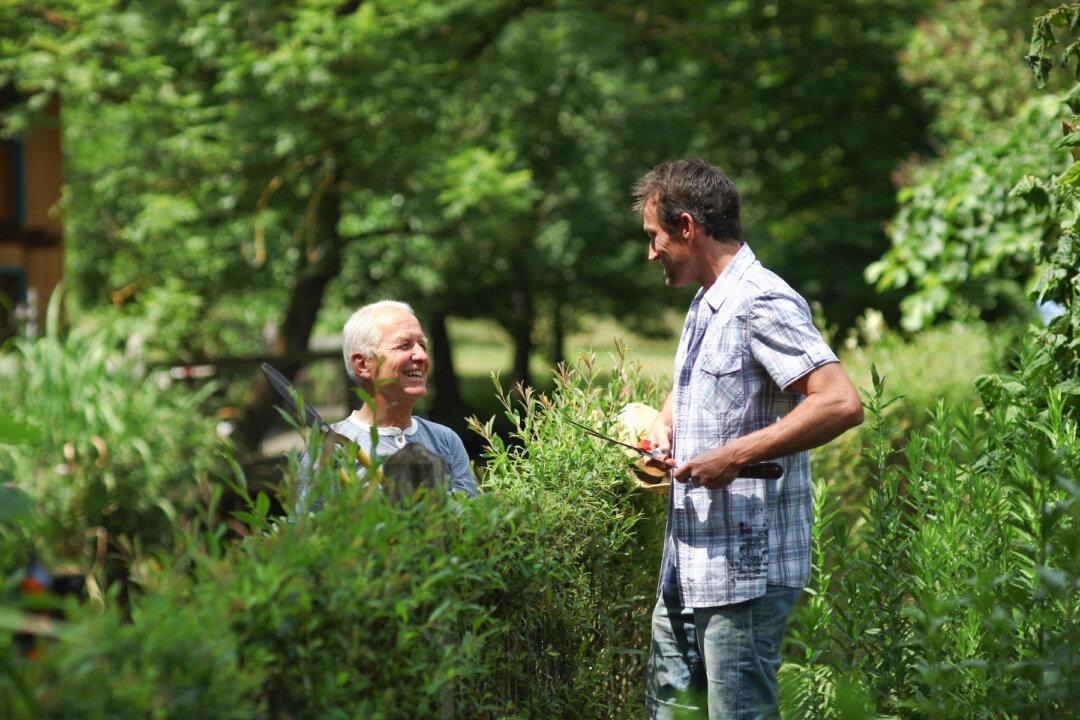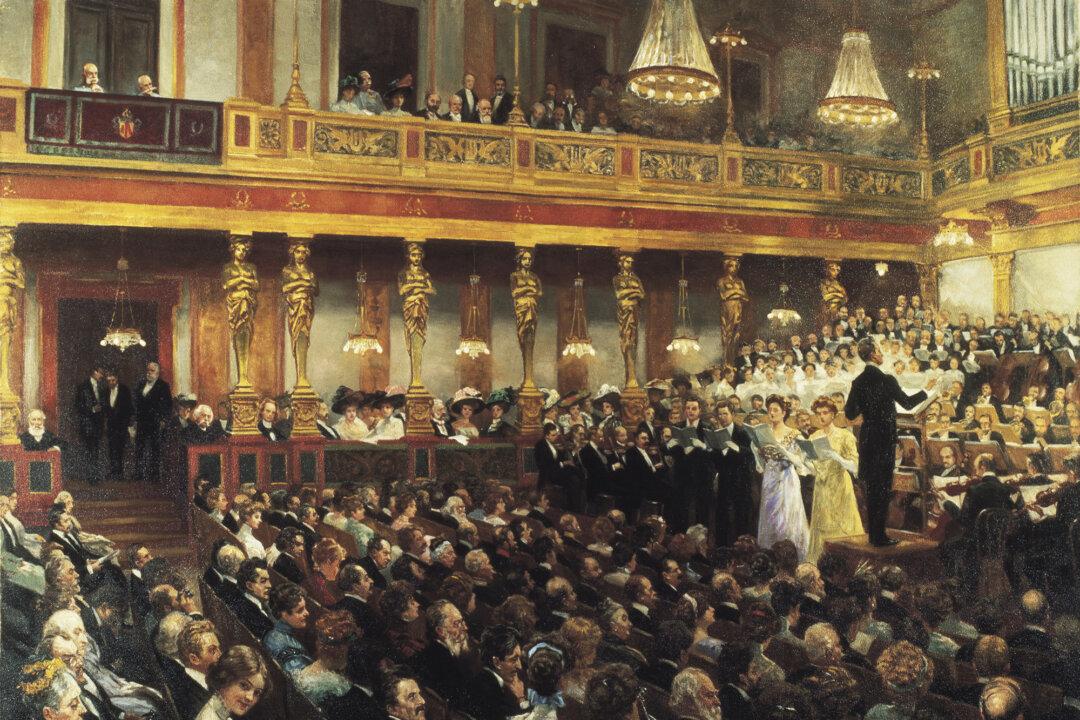The Dobbs v. Jackson case that recently overturned Roe v. Wade has generated more average, everyday conversations about a Supreme Court decision than I’ve ever seen. I’ve heard strangers walking by me talking about the issue while on their phones. Neighbors even discuss it over the back fence.
My mother had one of these back-fence discussions on the day that the decision came down. She innocently mentioned the case, thinking the neighbor would be happy about it, only to be taken aback when the lady launched into a lament: What about all of the sexual assaults and the people who didn’t have insurance and the many poor children that were already in terrible situations? Did we want more of these? she questioned tensely.






